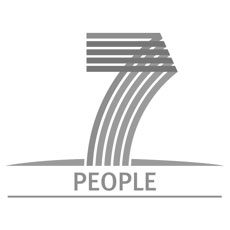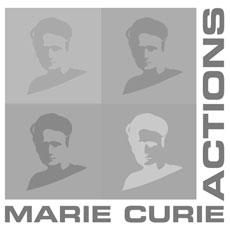PACT – Cities as laboratories of innovative Governance in Europe and the USA
The PACT-Project seeks to identify innovative practices of public policy and public administration in Germany, Denmark and the United States of America. By that, PACT wants to contribute to the future development of an effective and capable public sector. The current challenges of public policies and public administration research are the study of local innovative social and welfare policies and practices and their impact on governance, social cohesion and contribution to competitiveness.
The local level of governance is immediately confronted with these challenges – and consequently forced to work out approaches, solutions and new strategies. Cities and Regions are as a result laboratories of innovative future policies in Europe and the USA. The Pact-Project, which is a co-operation between the Georgetown University (Washington D.C., USA), Aalborg University (Aalborg, Denmark), and the Westphalian Wilhelms University (Muenster, Germany) funded through the Marie Curie Program of the European Commission, focuses on the varieties of local social innovation and its importance on the background of the competitiveness of cities and regions. It is our goal to analyze which practices in these policy areas are described as innovative, how these policies strengthen social cohesion and competitiveness, and how these practices develop in the specific national and urban contexts.
To formulate policy recommendations for local stakeholders in administration, politics and civil society at the end of our three-year research (2011-2014), several field studies are carried out in close coordination with the project partners. In Germany, especially the city of Münster is subjected to a case study since June 2011, while in the U.S. the cities of Raleigh, Hampton, Arlington and Richmond were the focus of field studies. In Denmark, the research focusses strongly on the policy field of volunteering as an innovative element of public administration for the realization of more participation to increase the input legitimacy on the one hand, and co-production to increase output legitimacy on the other.
In addition to document analysis and interviews with numerous experts in the fields of public administration, politics and both organizations and civil society initiatives as well as with the recipients of such offers, first conclusions could be made.
Do you have questions concerning the project?
University of Münster
Prof. Dr. Annette Zimmer
Institute of Political Science
Platz der Weißen Rose 1
48151 Münster
Tel.: +49 251 83 29357
Email: zimmean@uni-muenster.de



